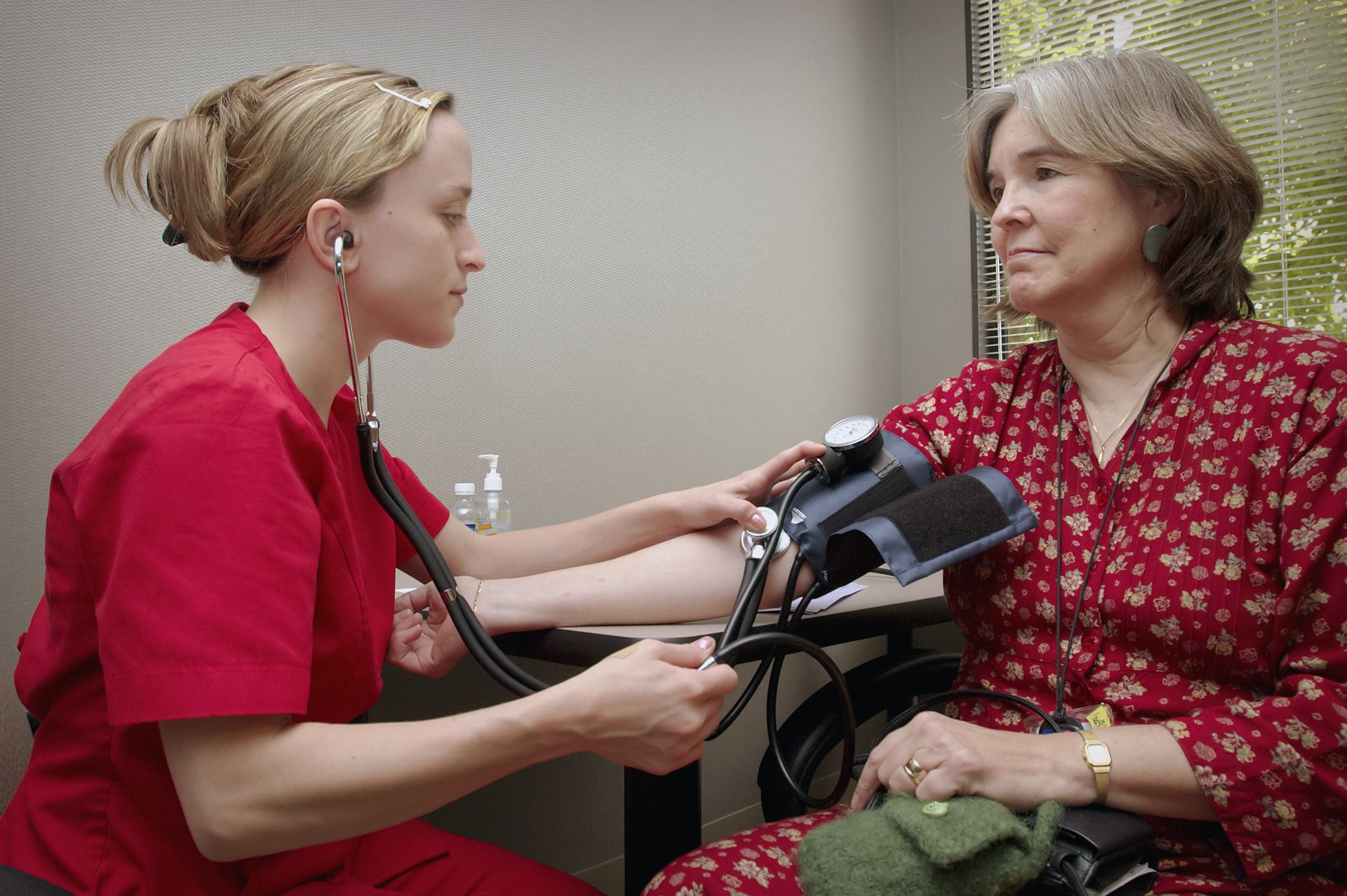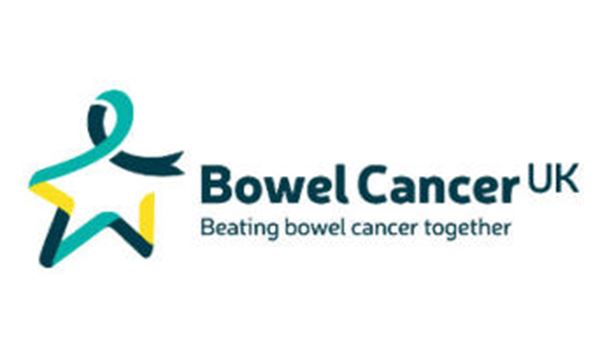Bowel cancer
Introduction
Bowel cancer is among the most common cancers in the UK, particularly in the elderly population above the age of 50. The bowel forms part of digestive system, which include 2 components called the colon and the rectum. Their main function is to absorb water from your food and removes food waste from your body.
Below you will find information about,
- Symptoms
- What to do next
- Treatments options
- Support for those with cancer
- Useful website information
Important: Symptoms
Bowel cancer can manifest with a broad range of symptoms, some may be quite subtle. To help identify them, Remember BAC-TUB
- B- Blood- Bright red or dark coloured stool may indicate blood
- A- Anaemia- Feeling weak, tired and breathless more easily
- C- Change in bowel habit– Having unsual constipation or looser stool
- T- Tummy pain- the tumour can block your digestive tract causing pain and vomiting
- U- Unexplained Changes- Losing weight, appetite and energy without any apparent reasons
- B- Bloating- Feeling of fullness or feeling like you need to poo, even if you've just been to the toilet
If you notice any changes or feel worried, please do not hesitate to book an appointment to discuss any concerns. Our staff is here to listen, explore and collaborate with you to ease your worries.
Our bowel cancer screening programme can also be accessed by clicking on the icon below
What to expect at the appointment?
At the practice, the consultation will involve more in-depth questions about your symptoms and concerns, followed by a full clinical assessment. This involves:
- Abdomen examination- our doctors will have a feel of your tummy for any lumps, pain.
- Rectal examination- the doctors examine the back passage for any lumps or signs of bleeding.
- blood samples and possible stool tests

Investigations
If the tests results suggest a possible colorectal cancer, you may be referred for further testing at the hospital which may involve:
- Stool samples maybe requested and sent to you in the post to screen for the presence of markers that could indicate the presence of cancer.
- Visualisation- a camera might be inserted through your back passage to provide a view of the cancer and its location; the procedure is called a colonoscopy or sigmoidoscopy.
- Scans- A CT/mri scan may be needed to check the progression of the cancer to help guide the management.
What if it really is cancer?
If it is confirmed that you do have bowel cancer, we want to reassure you that the medical team is here to support you throughout the whole journey.
You will be supported by a multi-disciplinary team (MDT) made of medical professionals from various specialities covering different aspect of your care.
Important members of the hospital team to be familiarise yourself with are:
- Specialist Nurses - help in supporting you through the whole process , and act as a link if you have any questions or concerns.
- Radiologist - specialises in interpretating the scans looking at the exact position of the tumour and where if may have spread if there is metastasis
- Pathologist - specialises in interpretating the biopsy, and what type of colorectal cancer it is
- Oncologist- decides on the type of chemo/immuno/radiotherapy treatments required
- Colorectal Surgeon - makes decisions on the type of surgery required to remove the tumour and sometimes Lymph nodes.

What are the next steps?
After our initial assessment, if we suspect that we may need further investigations, we will organise a referral for you to see a colorectal specialist.
It can be routine or urgently referred depending on the symptoms, so please bear with us on the waiting time
Our Colorectal and Oncology Team located at the Western General Hospital will be will be informed and will decide if further tests are required to confirm the progression status of your diagnosis.
The choice of treatment will depends on how far the cancer has progressed, how fit you are and ultimately your preferred choices. It may include a combination or standalone:
- Surgery
- Chemotherapy
- Radiotherapy
- Immunotherapy
Your case would be discussed at a meeting with other specialists to create the best form of individualised treatment.
However we are here for you and will work with you to create your preferred treatment plan
More information
Click on the icons below from Bowel cancer UK, Cancer research UK or NHS inform for more information regarding:
- Symptoms of Bowel cancer
- Stages of Bowel cancer
- Treatment including surgery, chemotherapy , radiotherapy and immunotherapy
- Living with cancer
Maggie's
Maggies offers excellent local Edinburgh support and wellbeing services for people living with cancer. The can speak on the phone or meet face-to-face.
Tel number: 0131 537 3131
email: edinburgh@maggies.org
address: Maggie's Edinburgh , The Stables, Western General Hospital,
Crewe Road , Edinburgh EH4 2XU
Please click on the adjacent link for more information.
Macmillan Support
The Gastroenterology and oncology team often discuss the benefits of Macmillan Cancer Support. They offer excellent and comprehensive information for people who have been recently diagnosed with cancer, including information on investigations and treatment. They also provide practical, financial and emotional support for sufferers and/or friends, family or carers looking after someone with cancer. They also provide information on end of life and bereavement support. Support Line : 0808 808 00 00
Questions
If you want to know more about the colorectal cancer pathway, please click here.
Any questions please feel free to contact Bangholm Medical Centre and our staff will be happy to answer any questions
Page created: 04 September 2020






